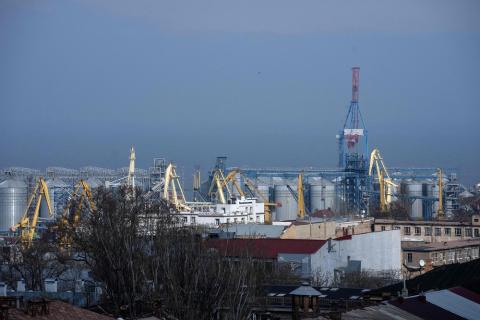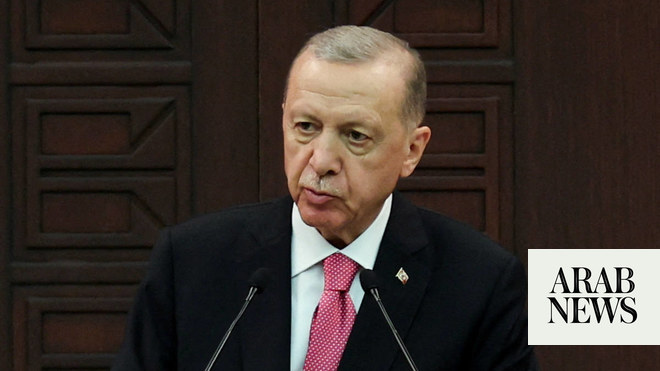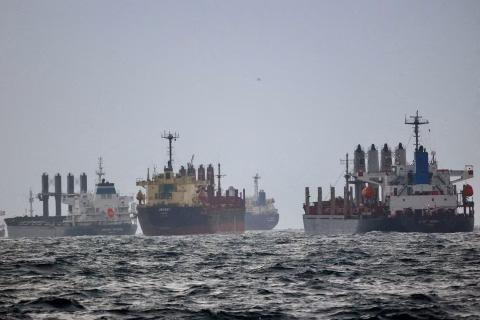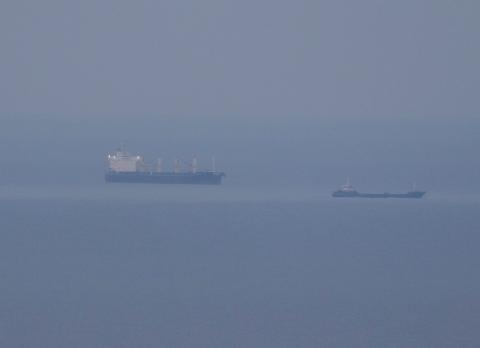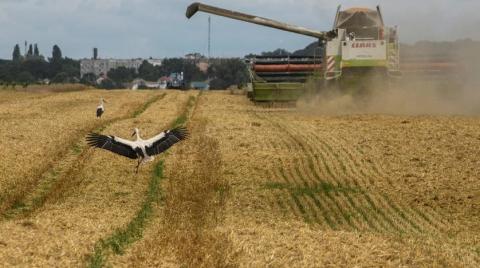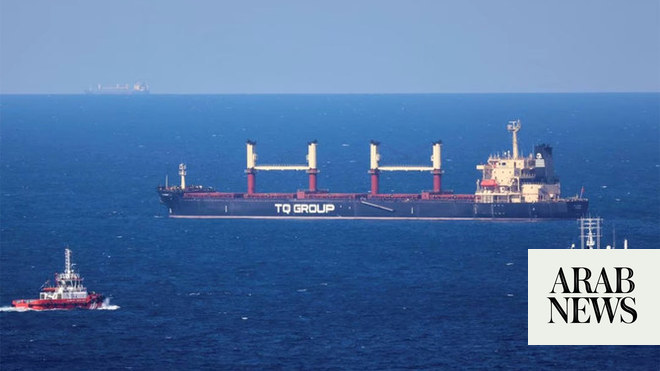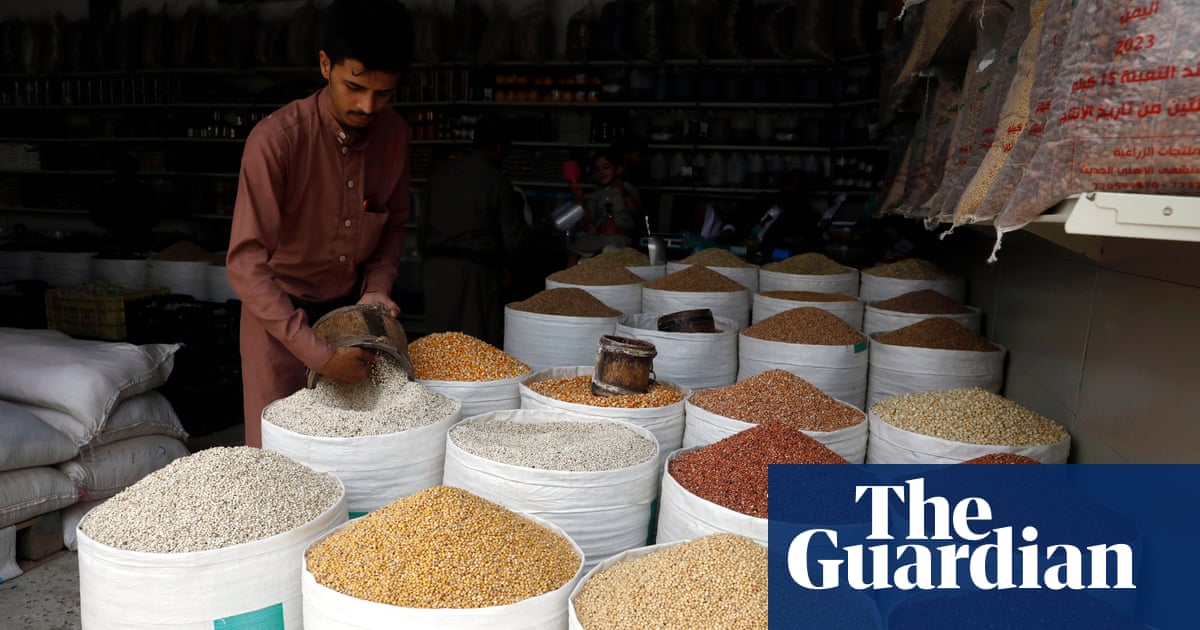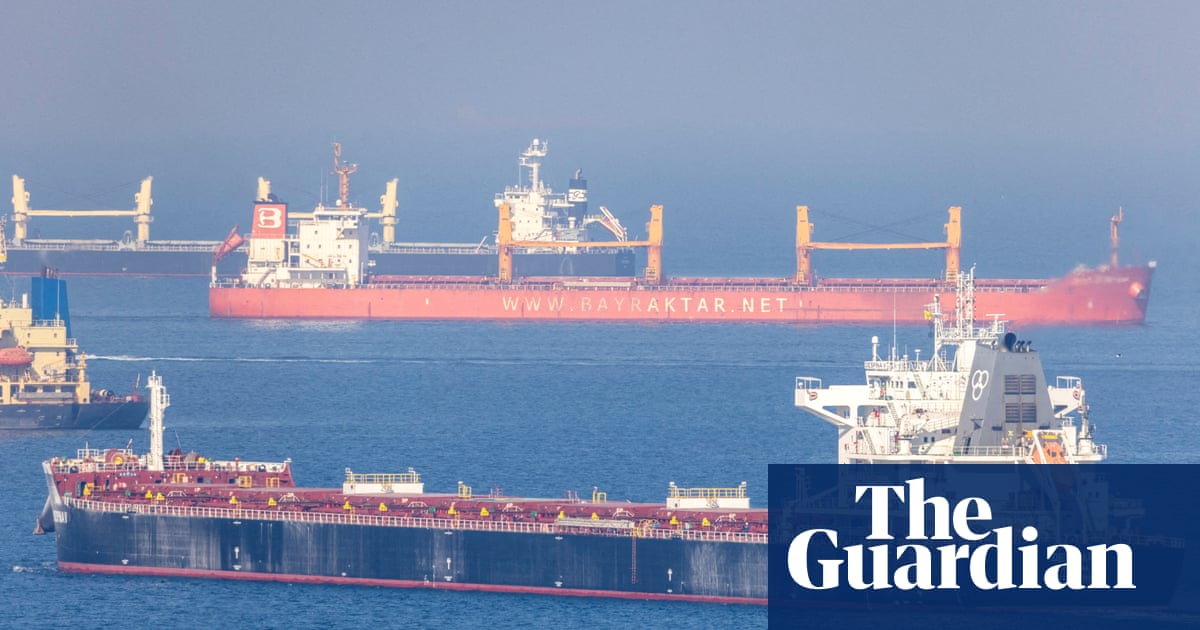
The UN secretary general, António Guterres has said he deeply regrets Russia’s decision to terminate the Black Sea grain deal, saying hundreds of millions of people facing hunger as well as hard-pressed consumers will pay the price for the Kremlin’s move.
The deal was designed to alleviate a food crisis sparked by a Russian blockade of Ukrainian ports that had frozen millions of tonnes of grain exports around the world, much of it to developing countries.
Guterres said grain prices were already rising on the markets – having fallen 35% under the deal – after the news on Monday that Russia had terminated the agreement.
The Turkish president, Recep Tayyip Erdoğan, had earlier said he hoped for progress in talks at the UN on keeping the deal alive, but Guterres’s statement seemed an acceptance that the voluntary deal, brokered by the UN and Turkey last year and subject to renewal every three months, was over.
The Russian state news agency Tass quoted a senior Russian official at the UN as saying on Monday that the decision was final. The Russian foreign minister, Sergei Lavrov, and Turkey’s new foreign minister, Hakan Fidan, had been due to discuss the deal.
Guterres said he deeply regretted the Russian decision, and after weeks of holding back criticism of Moscow in the interests of renewing the deal he made it clear that he did not accept its explanations for why it had terminated the agreement, including the loss of Russian food markets.
“Russian grain trade has reached high export volumes and fertiliser markets are stabilising with Russian exports nearing full recovery, as stated by the Russian Union of Grain Exporters and Russian Fertiliser Producers’ Association,” he said.
The secretary general added that he had secured two US waivers that exempted Russia from sanctions for food exports, a British waiver on insurance on Russian shipping and an EU exemption that allowed the unfreezing of Russian fertilisers. In addition, a bespoke arrangement had been set up to allow the subsidiary of a Russia agriculture bank to access the international Swift payment system.
Guterres said he was “deeply disappointed that my proposals went unheeded”. He said: “Today’s decision by the Russian Federation will strike a blow to people in need everywhere. But it will not stop our efforts to facilitate the unimpeded access to global markets for food products and fertilisers from both Ukraine and the Russian Federation.”
All sides accept that if the suspension lasts more than a few days, it may be impossible to revive the deal, meaning grain prices will rise. Ukraine suggested it could attempt to export its grain by ship in defiance of the Russian naval blockade, a proposal that will unnerve western diplomats who fear escalation.
“Even without the Russian Federation, everything must be done so that we can use this Black Sea corridor. We are not afraid,” Serhiyi Nykyforov, a Ukrainian press secretary, quoted Volodymyr Zelenskiy as saying. “We were approached by companies, ship owners. They said that they are ready. If Ukraine lets them go, and Turkey continues to let them through, then everyone is ready to continue supplying grain.”
The White House said Russia’s suspension of the pact “will worsen food security and harm millions” with secretary of state Antony Blinken describing the move as “unconscionable”.
The UK foreign secretary, James Cleverly, condemned Russia’s decision. He said: “Russia has obstructed the proper operation of the deal for several months. In doing so, Russia is serving its own interests and disregarding the needs of all those around the world, including in the poorest countries, who are paying higher food prices as a result.
“The UN estimates that without the grain provided by the [deal], the number of undernourished people worldwide could increase by millions. We have always been clear that the target of our sanctions is Russia’s war machine and not the food and fertiliser sectors.”
Russia and the west will now accuse each other of scuppering the deal as they battle to persuade the global south that the inevitable rise in food prices is not their responsibility.
Vladimir Putin is due to hold an African-Russian economic summit in St Petersburg later this month and is wary of facing public criticism.
South Africa’s vice-president, Paul Mashatile, has already proposed that Putin stay away from a Brics summit in South Africa next month as he could be arrested there under a warrant issued by the international criminal court. “For us, him not coming is the best solution. The Russians are not happy though,” he said.
A UN source said a joint coordination centre (JCC) that works with UN, Turkish, Russian and Ukrainian delegations on decisions about the movement of vessels and inspection had faced increasing pressures.
The source said: “JCC was faced with more pressure and challenges, and that was also in relation to the implementation of the parallel deal signed by Russia and the UN – because they felt dissatisfied with how that deal was implemented, there were more arguments about the operations here – the way that ships were allowed to take part, the way ships were inspected, at all phases of the operation there was more tension.”
The UK accused Russia of destabilising the agreement by slowing inspections of ships leaving Ukraine from an average of 10 a day last year to as few as two a day in recent months. Exports of grain fell by 29% in April and a further 66% in May, the UK has said, and Russia has blocked new ships from taking part in the agreement since late June.
“It was always a political agreement. It’s not a legally binding agreement, so it depends on political will of the parties that signed the agreement, and if that political will is not there then the agreement is not implemented,” the UN source said.
The UN security council was due to discuss Ukraine and the grain crisis on Monday afternoon in talks chaired by Cleverly. The UK is this month’s president of the security council, thus setting the agenda, and it was expected that the foreign ministers of Ukraine, Poland, France and Germany would attend the meeting.
Murithi Mutiga, the director of the Africa programme for the International Crisis Group, said: “The impact of the collapse of the grain deal in Africa will be substantial. Much of the grain did not find its way to poorer countries as the UN had initially envisioned but the effect of the deal was to stabilise supply on the world market and keep prices relatively stable.
“Many countries on the continent face double-digit inflation and some such as Nigeria, Kenya and Ghana have already witnessed protests over rising food and fuel prices. If the deal cannot be revived and prices rise further, as a consequence, that will compound the economic crisis multiple countries face, which in turn could foment more unrest.”




